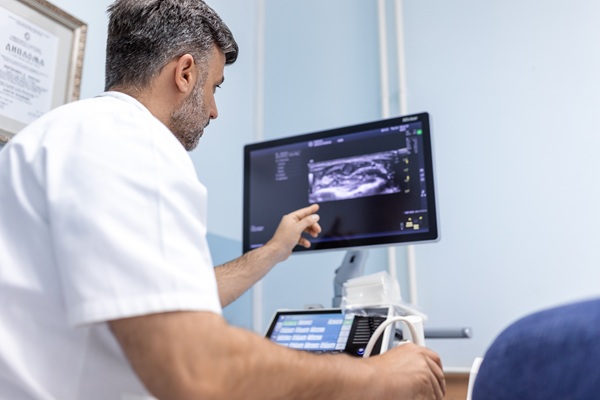Visit a Cardiologist for Varicose Vein Treatment

Considering a visit to a cardiologist? When suffering from varicose veins, it can be helpful to see a cardiologist on a regular basis. Treatment will be necessary in order to reduce and eliminate varicose veins. There are a number of treatment options, which all depend on how serious the condition is, as well as a cardiologist's recommendation and the patient's desires.
When considering different varicose vein treatment options, it can be helpful to know what to expect from each treatment. Keep reading to find out more.
Varicose vein treatment from a cardiologist
Below is an overview of varicose vein treatment, including the role a cardiologist plays. Individuals that have varicose veins can benefit from reading the following information.
What are varicose veins?
A cardiologist describes varicose veins as oversized, swollen and often, twisted veins that appear blue or dark purple. They are the result of a faulty valve in the veins, which allows improper blood flow in the wrong direction or area. Varicose veins typically sit right beneath the surface of the skin, which makes them quite noticeable. Cardiologists also state that the majority of varicose veins are harmless and benign; however, it is always best to undergo a consultation just in case.
What is treatment like?
Treatment for varicose veins varies depending on the severity. For low levels of varicose veins, a cardiologist recommends lifestyle changes, such as more exercise, wearing loose clothing, consuming a better diet, avoiding long periods of standing or sitting and elevating the legs when possible. Additionally, compression stockings may be recommended, which can help promote better blood flow throughout the veins and muscles.
If the varicose veins are more severe then a cardiologist may recommend additional treatments, including the following:
- Laser treatment: This can be used to close off smaller varicose veins.
- Sclerotherapy: The cardiologist will directly inject a solution into the veins to close them off.
- High ligation and vein stripping: Small varicose veins are removed so that they cannot feed into larger ones.
- Ambulatory phlebectomy: Varicose veins are removed by the cardiologist through tiny skin punctures.
The treatments listed above can be invasive; however, the majority of them are minimal.
The role of the cardiologist
A cardiologist plays a huge role in the treatment of varicose veins. Varicose veins hold blood that feeds into the heart, which is where a cardiologist comes into play. Because blood flow is so vital, it is important that these veins are healthy and if removed, done correctly. Cardiologists study everything regarding the heart, but they also focus their efforts on the blood that flows in and out of the heart.
Consult with a cardiologist
Varicose veins should never go ignored. To get started, an evaluation with a cardiologist is necessary. The evaluation will dictate how the treatment process works. Additionally, it will provide patients with expectations as they begin the process. Reach out today to get started or to learn more!
Request an appointment here: https://boyntonbeach.floridapremiercardio.com or call Florida Premier Cardiology at (561) 229-1411 for an appointment in our Boynton Beach office.
Check out what others are saying about our services on Yelp: Read our Yelp reviews.
Recent Posts
Receiving cardiovascular treatment is a critical step in managing heart health, but recovery and long-term are equally vital to ensure long-term wellness. Whether the treatment involves medication management, interventional procedures, or surgery, maintaining a relationship with the cardiologist and following their recovery guidelines is crucial. A structured follow-up plan allows patients to maintain the benefits…
An echocardiogram is a common and painless test that helps doctors evaluate heart health. This test uses sound waves to create images of the heart, allowing cardiologists to examine its structure and function. Many people feel nervous before a medical test, but understanding what to expect can help reduce stress.An echocardiogram is a diagnostic test…
Are you experiencing concerning symptoms like chest pain, shortness of breath, or irregular heartbeats? When it comes to your heart health, searching "cardiologist near me" allows you to find cardiologists in your area and get the cardiovascular care you need as soon as possible. Prompt medical attention and personalized treatment plans can prevent further health…
The heart is a hardworking organ that beats hundreds of thousands of times a day. A heart specialist, also known as a cardiologist, is trained to diagnose and treat conditions related to the heart and its blood vessels. Individuals may need to visit a heart specialist if they experience symptoms of heart disease like chest…


